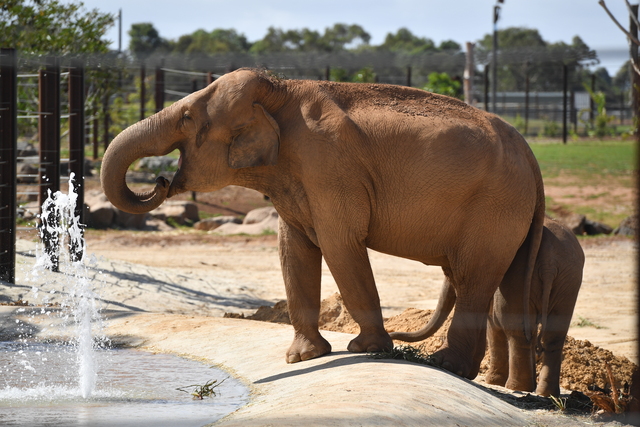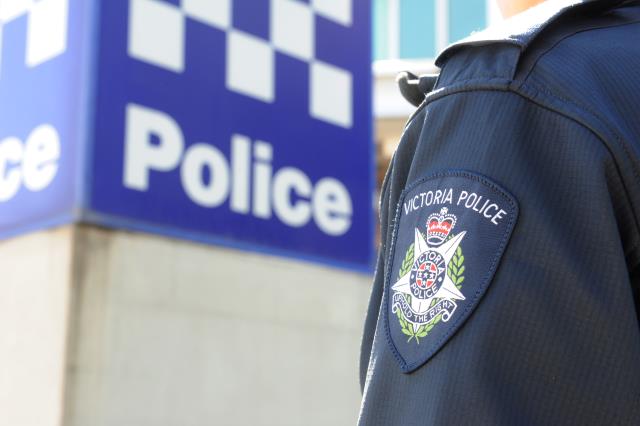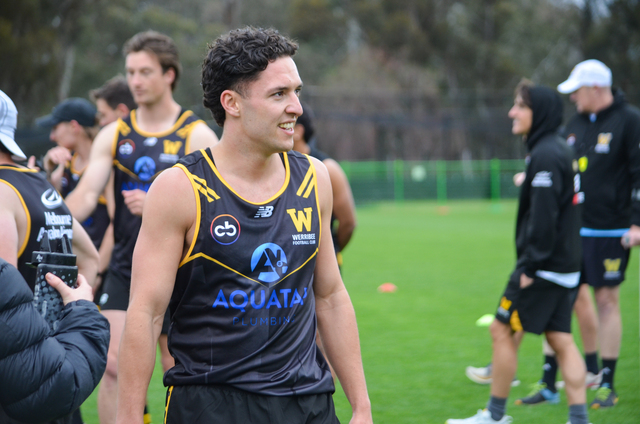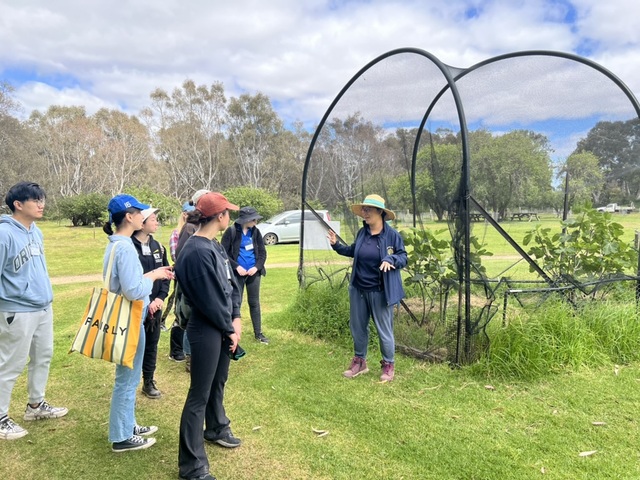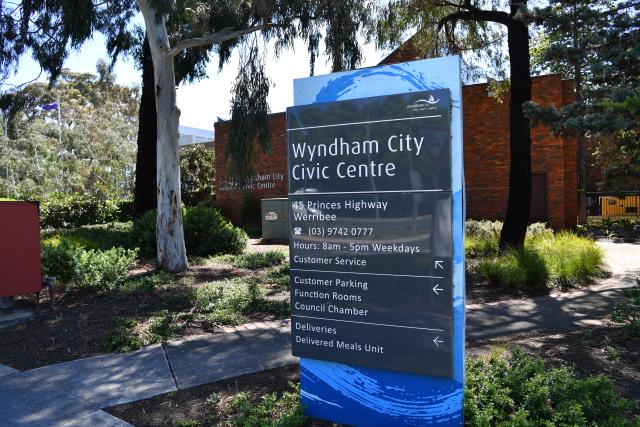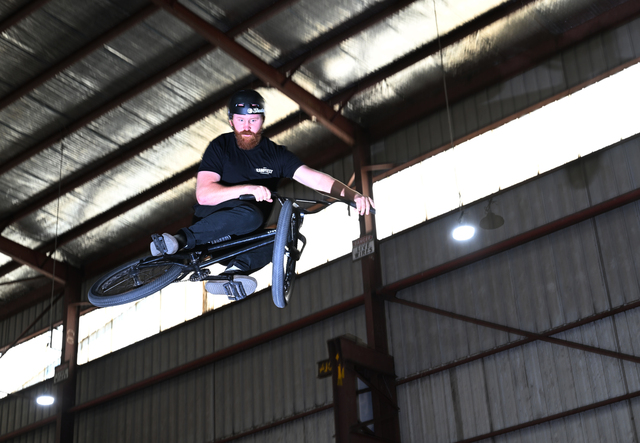Men reported much lower mental health when COVID-19 disruptions impacted community sport, a Victoria University study has suggested.
A survey of more than 2000 Australians indicated men aged 18-29 were the most affected, reporting the poorest general health and lowest life satisfaction when their wellbeing was compared before and during COVID-19 lockdowns.
Werribee Giants Baseball club publicity officer Peter Rose said sports clubs provide an extended family for participating members.
“During baseball time, everyone sort of rallies around to help each other out, and certainly there’s that real camaraderie that you get from playing sports that was obviously missing during covid,” Mr Rose said.
“It’s a really tight knit group, all the players and all the people who are part of the club and the families of the younger players as well.”
Mr Rose suggests being bonded through shared experiences can make it easier for some men to overcome the stigmas of discussing their mental health.
“You do spend quite a lot of time together as a club through training and games and events, so there is a real familiarity…there’s also maybe a sense that there won’t be judgement so it’s kind of a little easier to open up,” he said.
“They’re kind of bonded through shared experiences, they’re all people that are into the same thing, they all are passionate about they same things, they’re already relatively like minded people.”
The study’s lead researcher professor Rochelle Eime said the findings showed how important community sport was on the social and psychological wellbeing of men.
“The study indicates that since sport clubs are an incredibly important setting for many men, clubs may need to pay particular attention to re-engage at-risk men who have experienced worse mental health from COVID restrictions, and who may have difficulty returning,” she said.










